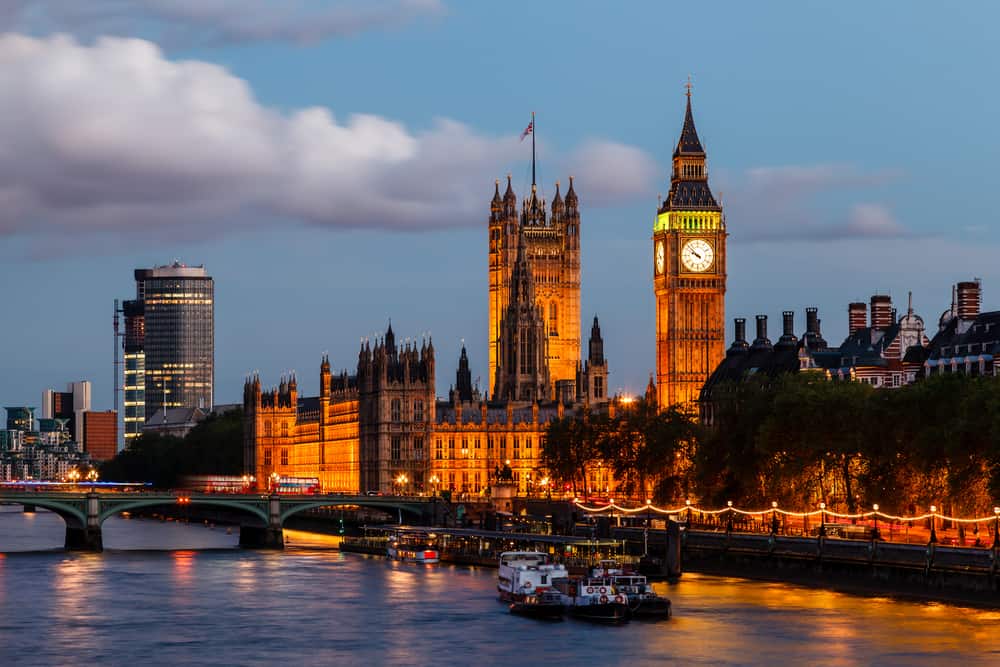UK Economy Exceeds Expectation After Second Covid 19 Wave

Author: Michael Stern
Last Updated: 31 March 2021
Much like the rest of the world, the UK economy has been taking a battering as a result of Covid 19. The country suffered from continuous lockdowns that resulted in several months of stop-start economics for small business owners all over England.

This was hampered even further as the UK got hit with a second wave of Covid 19, which threatened to destroy what little recovery the country had managed to make.
However, having moved past that, the English economy is on the rise.
Q4 growth exceeded expectations after it was reported that England saw a GDP growth of 1.3%. This number exceeds what was already an ambitious prediction at 1% and signals a change for the better in the British economy.
Of course, despite this growth, the UK economy was still down massively in 2020 than it was expected to be. In fact, despite the strong recovery, the GPD for England shrank more than it has in the last three centuries.
Household Savings Rise in the UK, Signaling Rebound Optimism
A good economy is the sum of its parts, as is true for the UK.
In the middle of all the news around the Q4 growth rate of the English economy, it was reported that there has been a significant increase in the level of savings that each individual household has in the UK, giving credence to a country-wide optimism towards economic recovery.
There are also hopes that this increased rate of saving results in higher than average amounts being spent in the retail sector once businesses open back up, further contributing to the recovery of the UK economy and helping the flow of funds to speed up once again.
The average percentage of disposable income that was saved in Q4 was 16.1%. The previous quarter had seen a savings rate of 14.3%, resulting in a total quarter-to-quarter growth rate of 1.8%.
This is the second-highest savings rate in history, falling short to Q2 in 2020 when Covid 19 lockdowns initially began.
The UK economy remains in a state of lockdown, with retail and hospitality still not allowed to reopen.
This lack of spending opportunities is what has led to the increased rate of savings in British households. It is believed that with there being fewer purchasing options, consumers are buying their time for when the economy opens back up to the public.
Household Savings Expected to be the Main Driver of Consumer Expansion
Household savings in the UK are expected to be the main driver of consumer expansion as we move into the latter half of 2021.
It’s believed that the cash that British households are hoarding is going to serve as the leading driving force of an economic rebound in 2021 as there is a sudden increased rate of spending, helping to jumpstart the retail and hospitality sectors.
There is a belief that this, combined with a vaccine rollout effort, is going to result in an economic recovery rate that outpaces that of any Eurozone country.
As well as consumers stockpiling resources in expectation of the reopening of the economy, it appears that businesses are doing the same thing.
There has been an increased £1.5B worth of stocks being held by businesses in Q4 of 2020, likely intended to fuel growth as the UK transitions into a post-Covid and post-Brexit economy.
While the vaccine rollout hasn’t been as successful as Downing Street would have liked it to be, 2021 has seen a stark recovery compared to the year-on-year comparison to 2020.
BWCEvent aspires to share balanced and credible details on cryptocurrency, finance, trading, and stocks. Yet, we refrain from giving financial suggestions, urging users to engage in personal research and meticulous verification.


